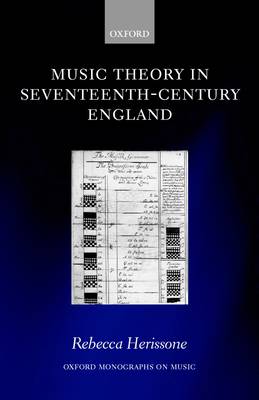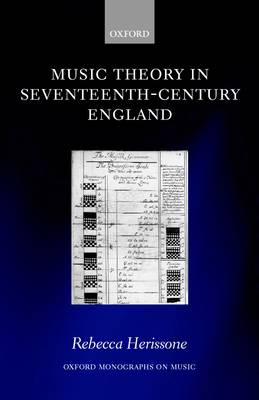
- Afhalen na 1 uur in een winkel met voorraad
- Gratis thuislevering in België vanaf € 30
- Ruim aanbod met 7 miljoen producten
- Afhalen na 1 uur in een winkel met voorraad
- Gratis thuislevering in België vanaf € 30
- Ruim aanbod met 7 miljoen producten
Zoeken
Omschrijving
The fundamental changes that resulted in the development of the Baroque style around the turn of the seventeenth century also had a profound effect on music theory. As musicians began to adopt new approaches to composition, authors gradually became aware that the theories on which they relied, some of which dated back to medieval times, were largely obsolete. Thus, over the course of the seventeenth century, there occurred a complete transformation in almost every aspect of theory. Nowhere was this metamorphosis clearer than in England where there was much more willingness to accept and encourage new theoretical ideas than in the rest of Europe. By tracing the progress of both rudimentary and more advanced compositional theories in English treatises, Herissone provides a detailed and comprehensive commentary on musical developments during the period.
Specificaties
Betrokkenen
- Auteur(s):
- Uitgeverij:
Inhoud
- Aantal bladzijden:
- 332
- Taal:
- Engels
- Reeks:
Eigenschappen
- Productcode (EAN):
- 9780198167006
- Verschijningsdatum:
- 15/02/2001
- Uitvoering:
- Hardcover
- Formaat:
- Genaaid
- Afmetingen:
- 156 mm x 234 mm
- Gewicht:
- 644 g

Alleen bij Standaard Boekhandel
+ 1063 punten op je klantenkaart van Standaard Boekhandel
Beoordelingen
We publiceren alleen reviews die voldoen aan de voorwaarden voor reviews. Bekijk onze voorwaarden voor reviews.











